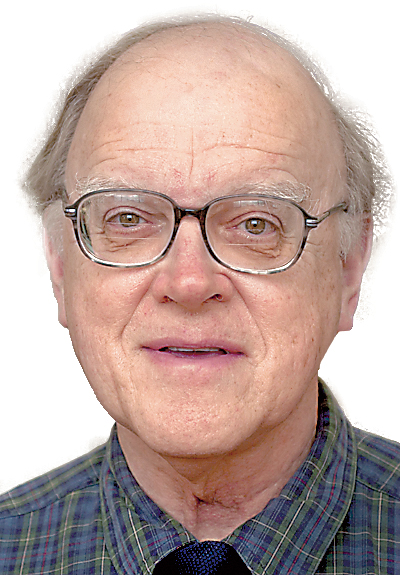The science of genetics advances so rapidly that specialists have difficulty keeping up-to-date.
Cures of devastating, inherited diseases will likely become feasible within the next several years. As often happens when scientific discovery accelerates, considerations of safety and ethics do not keep pace.
Some diseases occur because of changes in multiple genes. The environment plays an important role in influencing how these genes function. These diseases are incredibly complex to decipher.
Diseases due to a single abnormal gene are more accessible to understand and possibly to correct. More than 1,000 single gene disorders have been identified. In aggregate, they affect approximately 1 percent of the population. Four will be considered.
» Huntington disease causes progressive degeneration of brain cells. Onset typically occurs in midlife with worsening, uncontrolled movements. A sufferer may lose the ability to walk, swallow and perform independent activities. Dementia often follows. The inheritance is "dominant:" Half of the children of an afflicted adult will develop the disease. The site of the abnormal gene has been defined.
» Cystic fibrosis represents "recessive" inheritance. An abnormal gene must be inherited from each parent for the disease to develop in a child. CF affects lungs, liver and pancreas and causes progressive damage in each. With careful management, patients may live into their 30s. The defective gene has been precisely located.
» Sickle cell disease has similar inheritance. A child with the disorder suffers chronic anemia, recurring painful crises and clotting of small blood vessels. Earlier this year, scientists reported successful replacement of the abnormal gene in a patient. He had remained asymptomatic for 15 months after the procedure. The chemical abnormality underlying his disease had been corrected by the procedure.
» Hemophilia is a bleeding disorder, that is due to an altered gene on the X-sex chromosome. The overwhelming majority of cases occur in males. A male child inherits an X from his mother and a Y from his father. There are two forms of hemophilia, each leading to a deficiency in a vital clotting factor. Each disorder is caused by a precisely located, altered gene. Minor injury in either case may lead to severe bleeding.
Gene Technology
CRISPR-Cas 9 is an abbreviation for a complicated, new technology that allows genes to be altered, removed or replaced. Synthetic ribonucleic acid (RNA) slices into deoxyribonucleic acid (DNA) at precise points. The technology has been used to replace a defective gene related to a heart abnormality in a human embryo. The new technique could be used to correct defective genes in an individual and the generations to follow.
CRISPR-Cas 9 is also employed in malaria research. The goal is to alter a gene in the species of mosquito that transmits malaria so that they become sterile. This research is directed by an agency within the Department of Defense.
In the rush to apply the new technologies of gene-editing, safety must be considered. Will the alteration in a gene cause collateral damage to adjacent genes? Will the alteration lead to unpredictable changes in the children and grandchildren of the patient? Careful multigenerational follow-up is imperative. Gene therapy should be monitored by an international agency to guarantee the integrity and skill of treatment centers.
A rush to profits could lead less skilled technicians to undertake gene-altering work.
On the ethical side, strong prohibitions must be in place to prevent renegade technicians from experimenting with gene therapy to enhance intelligence or athletic skills. Other prohibitions must cover weaponizing bacteria or viruses by altering their genetic codes. Experiments outside the realm of medical therapy must have close international oversight that is established by treaties.
The fact sheets at www.genome.gov provide clear summaries of genetic research. "The Gene: An Intimate History" by Siddhartha Mukherjee offers a fascinating account of the broad field of genetics.
Contact Clif Cleaveland at ccleaveland@timesfreepress.com.

